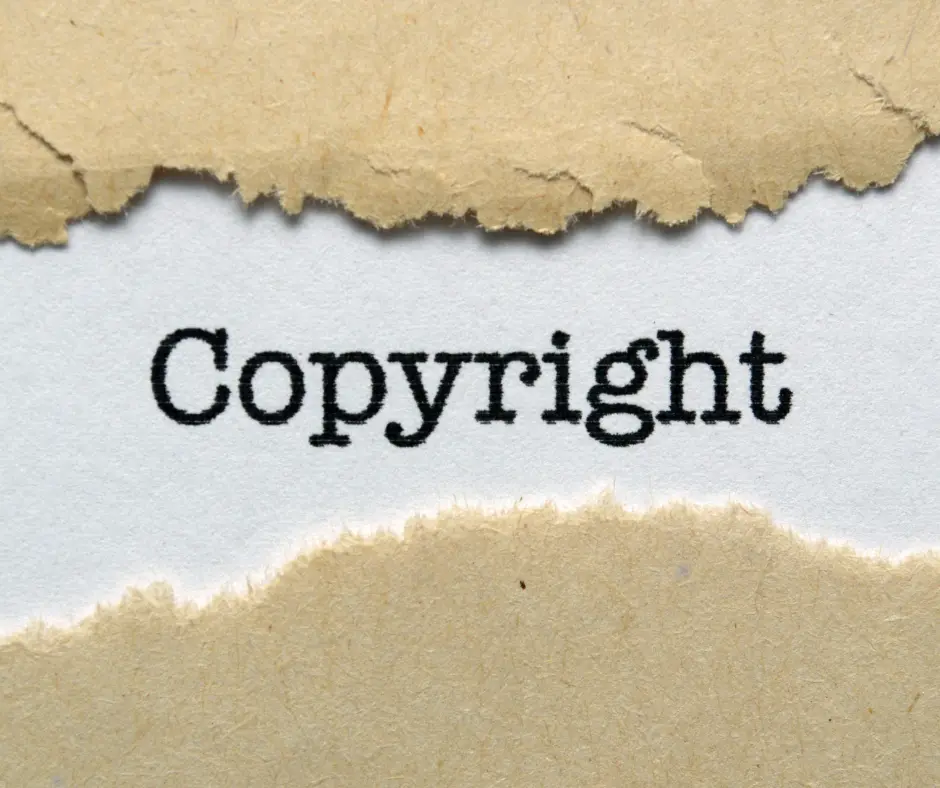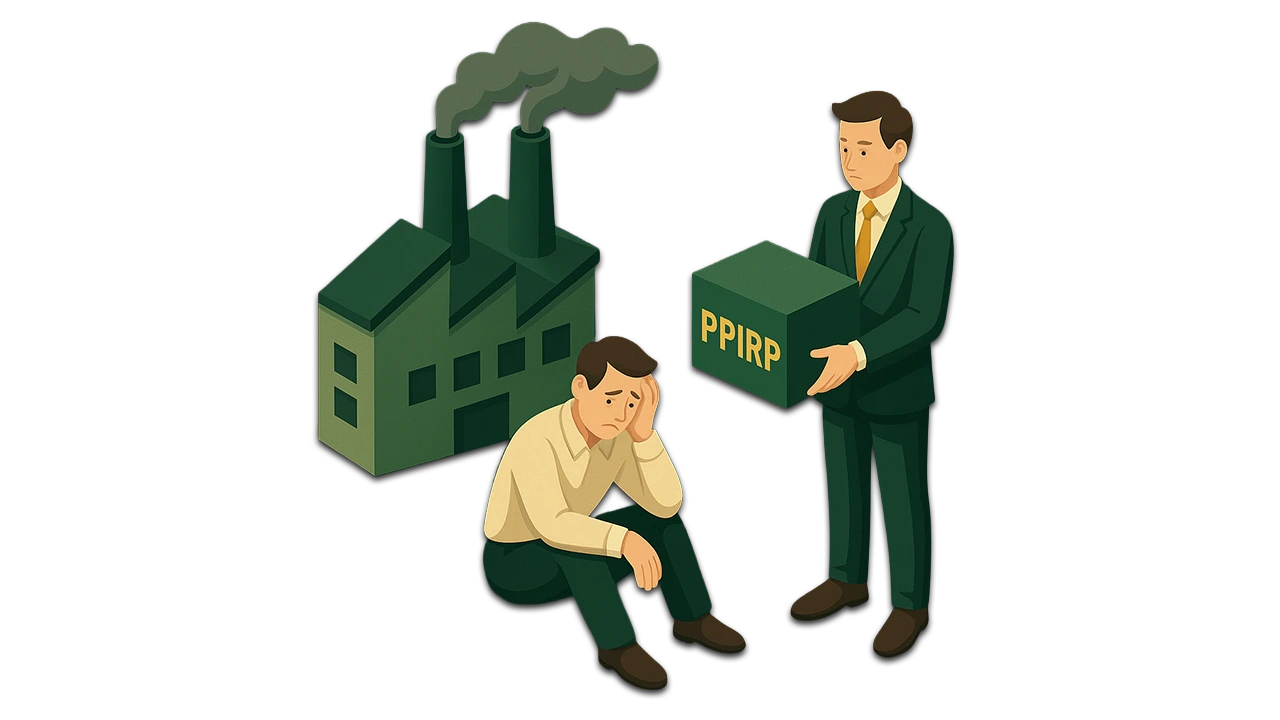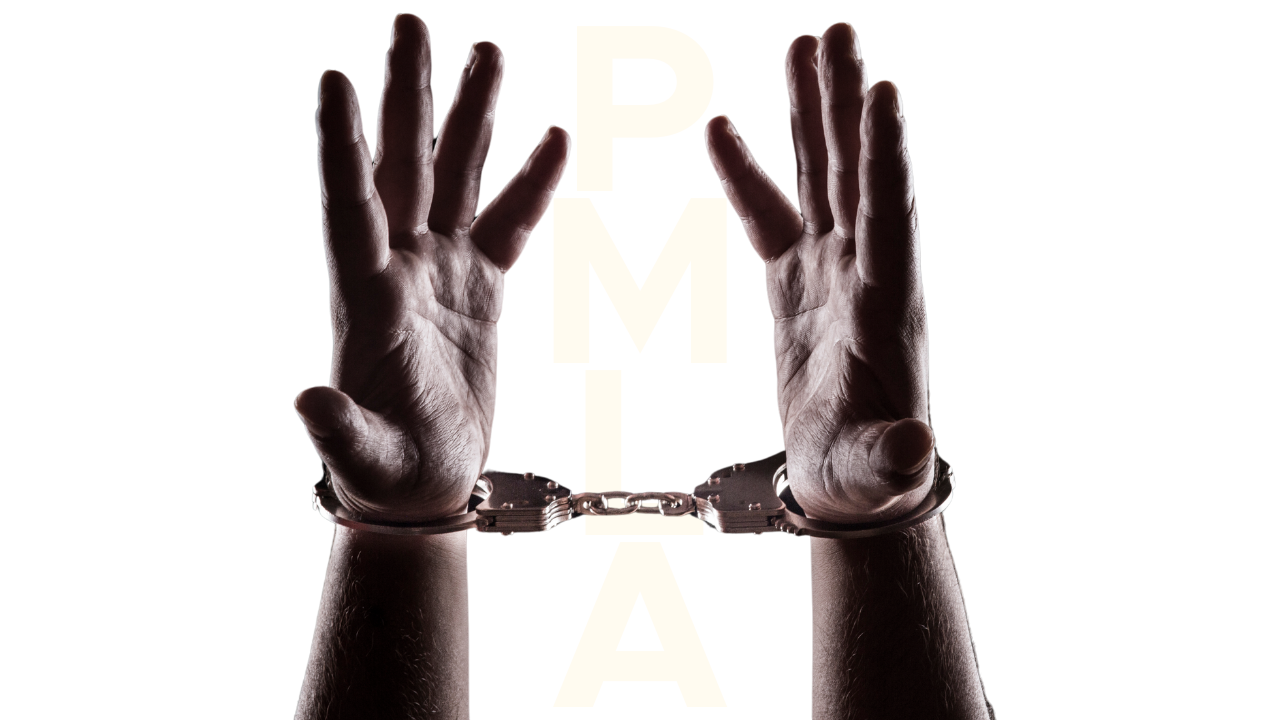Download Article in PDF
This article analyzes the legal battle between ANI Media and OpenAI, marking India’s first AI-related copyright lawsuit. As AI models like ChatGPT face global scrutiny, the future of copyright law and its ability to protect content creators is at stake.
Introduction
The case ANI Media Pvt Ltd V/s OpenAI Inc & Anr marks India’s first significant legal challenge involving artificial intelligence (AI) and copyright. ANI, a major Indian news agency that offers syndicated multimedia news feeds to news bureaus, alleges that OpenAI’s ChatGPT used its copyrighted content to train and operate its AI model without permission. The Delhi High Court has issued summons to OpenAI, highlighting that this case, while groundbreaking in India, is part of a growing global trend of legal disputes between media publishers and AI developers over copyright violations. Notably, similar lawsuits have been filed against OpenAI and other AI companies in the U.S., Canada, and Europe, signaling a broader conundrum about how copyright law applies in the age of large language models (LLMs) like ChatGPT.
Facts of ANI vs Open
ANI’s main contentions in this lawsuit are twofold. First, it argues that its copyrighted material has been used to train ChatGPT, which constitutes copyright infringement. ANI asserts that, even though its content is publicly available, OpenAI does not have the right to exploit it for training its AI models. This taps into a broader concern among content creators globally that AI companies are freely using publicly accessible material to train their models without compensation or permission from copyright holders.
Second, ANI claims that ChatGPT is attributing false information to it, potentially damaging its reputation. For instance, ANI has argued that ChatGPT has generated false statements about interviews involving political figures, citing ANI as the source. This raises additional concerns around AI-generated misinformation and its impact on news agencies’ credibility.
While OpenAI has responded by blocking access to ANI’s website to prevent further data scraping, ANI contends that its content is reproduced by other platforms, making it challenging to prevent further unauthorized use. This complex issue of content redistribution by third parties complicates the matter, especially in an industry where news content is widely syndicated.
Growing Wave of Global Copyright Challenges
Although ANI’s suit is a first in India, it mirrors a rising tide of legal action worldwide. The New York Times sued OpenAI in 2023, claiming its articles were used without permission to train ChatGPT. Similarly, high-profile authors like John Grisham and Jonathan Franzen have also sued OpenAI for using their works to train the AI without consent. Lawsuits have also been filed against other AI platforms like Microsoft’s Copilot and Google’s Bard.
These cases reflect the growing tension between AI’s rapid advancement and the legal framework designed to protect intellectual property. They raise fundamental questions about how copyrighted content is used by AI systems and whether such use constitutes infringement.
The Copyright Conundrum in the Age of AI
At the heart of these disputes lies a critical legal question: Does the use of copyrighted content to train AI models violate copyright law, or does it fall under the doctrine of fair use or fair dealing? AI developers often argue that training their models on publicly available data is permissible under fair use provisions. On the other hand, content creators argue that even if the AI doesn’t replicate the exact content verbatim, the underlying data sets — which include copyrighted works — are still essential to the functioning of these models, making their use a form of infringement.
Fair Use and Fair Dealing
In the U.S., the concept of fair use allows limited use of copyrighted material for purposes like criticism, news reporting, and research. Courts typically evaluate whether the use is transformative, whether the amount of material used is substantial, and whether the use affects the market value of the original work. AI companies claim their use is transformative because the AI does not reproduce exact content but reorganizes patterns of words to generate responses. However, content creators argue that AI models threaten the commercial value of their original works by creating competing products that synthesize content without proper attribution or compensation.
In India, copyright law includes a similar concept known as fair dealing, which is narrower in scope. Section 52 of the Indian Copyright Act specifies that fair dealing only applies in cases of private use, research, criticism, or reporting of current events. OpenAI’s use of ANI’s content likely does not meet these criteria, especially since ChatGPT is a commercial product. Furthermore, Indian law requires acknowledgment of the original author, something AI systems like ChatGPT currently do not provide.
Training AI on Copyrighted Data
The use of copyrighted works in training AI models is a novel challenge that copyright law was not originally designed to address. Large language models rely on massive datasets that often include copyrighted content to function effectively. While AI models do not store or directly replicate specific pieces of content, they learn from the patterns within that content, blurring the lines between infringement and innovation. This raises questions about whether copyright laws should evolve to account for AI technologies and the new forms of content reproduction they enable.
Impact on Content Creators
AI-generated content is a direct competitor to traditional news agencies, publishers, and creators. As AI tools become more widespread, the risk is that they might undermine the market for original content. For example, news summaries or reports generated by AI might discourage readers from accessing the original works published by media organizations like ANI or the New York Times. This diminishes the commercial value of these original works and could threaten the livelihoods of journalists, authors, and creators who depend on licensing and subscription fees.
Towards a Solution: Licensing and New Legal Frameworks
To resolve these issues, many have suggested that AI companies should seek licenses or authorization from copyright holders before using their works to train AI models. This could involve AI developers compensating content creators, similar to how music streaming platforms pay royalties to artists. Some media organizations are already pursuing licensing deals with AI firms, which could provide a mutually beneficial solution and protect traditional journalism’s financial model.
Furthermore, there is a growing need for governments to reconsider copyright laws and adapt them to the realities of AI. This could involve clarifying the limits of fair use in the context of AI training and ensuring that copyright protections are extended to cover new forms of content generation enabled by AI.
Conclusion
The ANI lawsuit against OpenAI could mark a key moment in India’s legal landscape, as it raises pressing questions about how copyright law will evolve in response to AI. As more lawsuits pile up globally, it is clear that legal systems will have to catch up with the pace of technological innovation. Whether through new licensing arrangements, amendments to copyright law, or judicial precedents, the intersection of AI and copyright will continue to be a contentious issue that requires careful regulation to balance the rights of creators with the benefits of AI advancements.
As AI continues to disrupt creative industries, the legal landscape remains uncertain. With frameworks like the EU’s Artificial Intelligence Act aiming to regulate emerging technologies, the future of copyright will depend on how quickly the law can evolve to meet the challenges posed by the AI age.
Meta Description: This article analyzes the legal battle between ANI Media and OpenAI, marking India’s first AI-related copyright lawsuit. As AI models like ChatGPT face global scrutiny, the future of copyright law and its ability to protect content creators is at stake.
CONTRIBUTORS
Aashish Arya (Associate)






